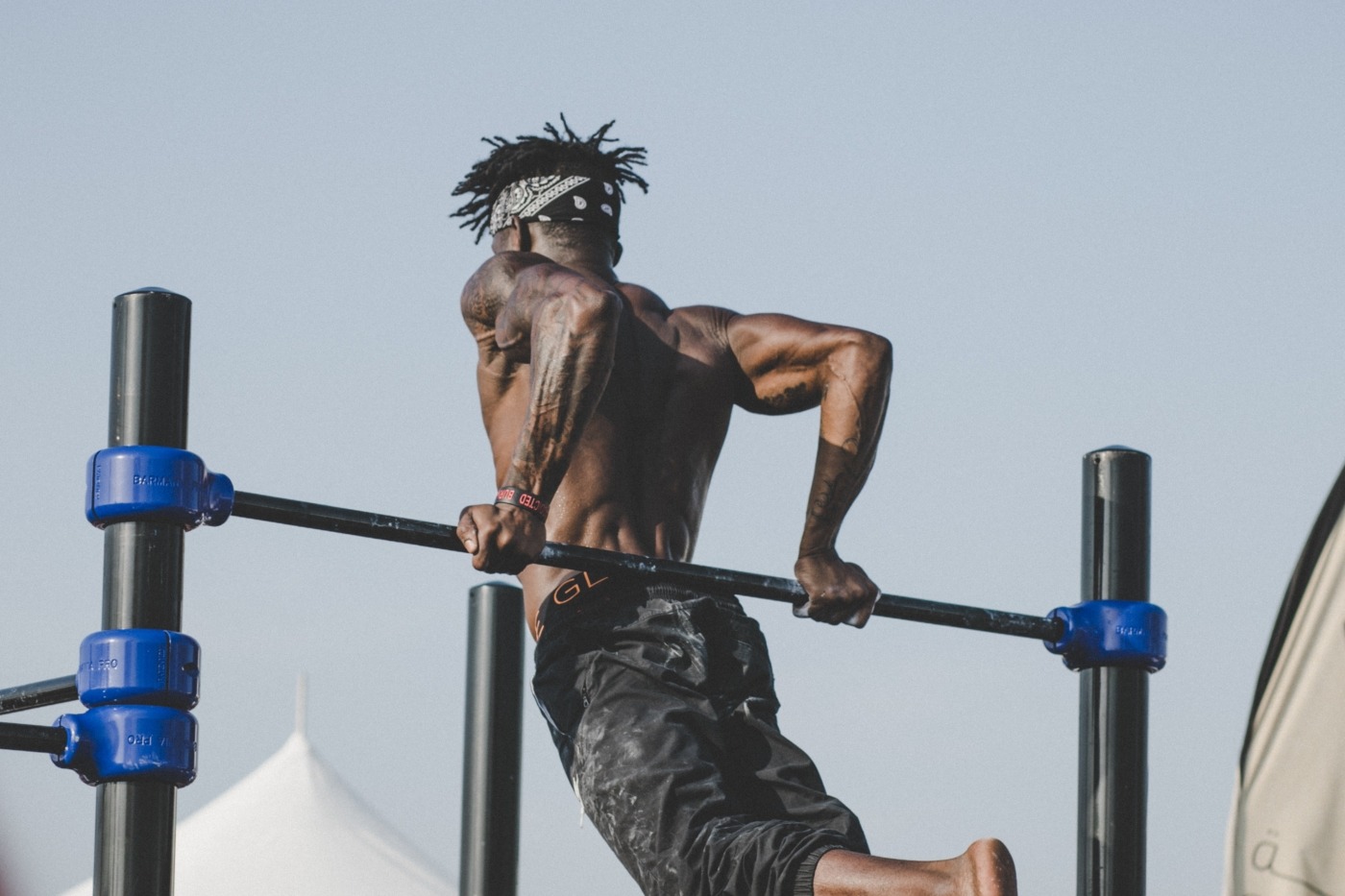The shackles of the ‘summer body’
When an end to lockdown and the reopening of society was announced to be on the cards in time for summer, it didn’t take long for the re-emergence of harmful discourses about weight loss and perfecting our ‘summer bodies’. Social media posts joking about shedding the covid weight and getting gyms back open are being shared by many.
Advertisements for workout clothes and weight loss plans are once again dominating our screens. With the expectations already building, it is hard not to feel pressure to lose weight by the end of lockdown. Weight gain during the pandemic has been frequently referred to as the ‘quarantine 15’ encompassing the development of unhealthy habits and the decline of fitness regimes.
Despite the negative connotations of these lifestyle changes, they are completely understandable and expected after being stuck inside for nearly a year straight. Unsympathetic attempts to force feelings of guilt and shame for these changes are absurd and extremely harmful.
The closing of gyms has left responsibility for staying fit solely in our own hands
Lockdown equates to being bored 99% of the time and what better to do when you are bored than have a little snack or raid the kitchen for some form of enjoyment. Comfort food has been a huge part of my lockdown ritual as a sweet release from the stress of living through a pandemic.
Granted in the early stages of March 2020 we were all ambitiously switching on Joe Wicks in the morning or subscribing to Chloe Ting’s YouTube channel. However, in our defence, we thought we were signing up for about a month of torture, not a year.
The closing of gyms has left responsibility for staying fit solely in our own hands and let’s be honest, motivation is hard to find during lockdown. So, you would think that given the circumstances we would let ourselves off. But alas the pleas for weight loss and summer bodies continue.
If you have a body and it is summer outside, then boom there is your summer body
The idea of a summer body is not new. Every year the toxic discourse surrounding weight loss for the sunny months resurfaces with declarations that you must have a ‘beach body’. Now we have the added expectation of emerging from lockdown having transformed ourselves ready for holidays and club nights. Surely, the strains and stresses of living through a pandemic should allow some forgiveness for not meeting these unrelenting standards.
Summer bodies are dumb. The ridiculous notion that in order to enjoy yourself over summer you must be toned, camera-ready and 10 times smaller than usual is unrealistic and unfair. Not only does this discourse exclude the beauty of body diversity, but it also creates harmful and dangerous expectations.
The pressure to shed weight fast in time for summer can lead to unhealthy dieting practices and excessive exercise regimes. Punishing your body will not get it ready by summer. Wanting to look good is fine but pressuring yourself to fit a certain mould or fabricated idea of a perfect summer body, is not. If you have a body and it is summer outside, then boom there is your summer body.
We have been through a pandemic so it is okay to not be on top form
There needs to be a shift in discourse in regard to getting yourself ready for summer. It should not be a case of losing weight and perfecting your ‘summer body’ but rather working on yourself in terms of confidence and self-acceptance. ‘Hot Girl Summer’ is not about looking a certain way, it is about living unapologetically in your own skin and embracing every part of it.
Why should you have to look a certain way to enjoy yourself? Summer is a beautiful time, the flowers are growing, the sky is golden and there are smiles all around. Who are you to deny yourself that smile because you have not transformed your entire appearance in the months preceding?
We need to be kinder to our bodies. We have been through a pandemic so it is okay to not be on top form. Do not punish yourself this summer. We have been stuck inside too long, let your body roam the outdoors free from expectations and limitations.

Comments